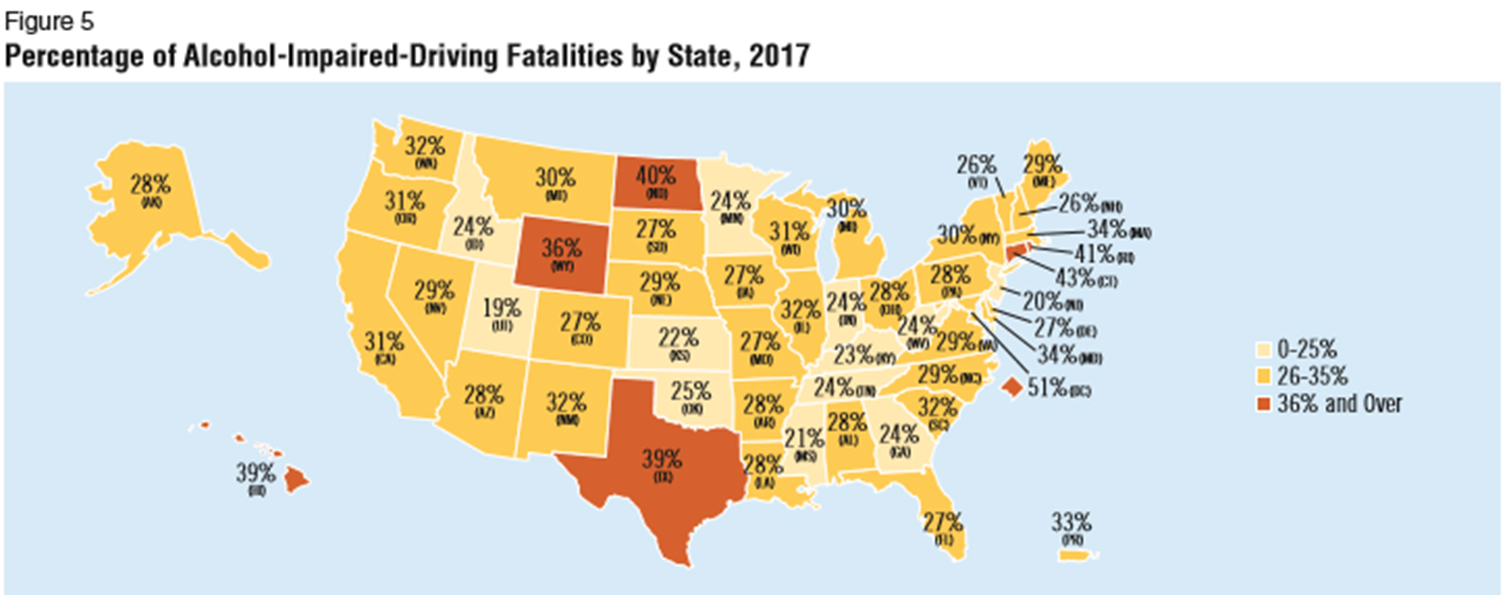Your Complete Guide to Earning Your food manager certification texas Today
Your Complete Guide to Earning Your food manager certification texas Today
Blog Article
Boost Your Job Opportunities: Why a Food Trainer Certification Is a Must-Have in the Culinary Market
In today's affordable culinary landscape, the value of a food trainer certificate can not be overemphasized. As dining establishments and food solution establishments progressively prioritize licensed staff, experts outfitted with this certification stand to get a substantial advantage.
Significance of Food Safety And Security
In the culinary industry, the significance of food safety and security can not be overstated. Contaminated food can lead to severe wellness concerns, including foodborne illnesses, which can influence individuals and lead to significant responsibility for food establishments.
Food security incorporates a variety of treatments, including proper food handling, storage, food preparation, and serving techniques. Abiding by these techniques not just decreases the danger of contamination however additionally assists in abiding by local wellness policies. Correct training in food security enables cooking experts to recognize possible hazards and apply preventative steps effectively.
Moreover, a strong dedication to food safety can boost the track record of a culinary facility, fostering client loyalty and service growth. Consumers are significantly familiar with food safety problems, making it essential for food handlers to show their adherence to best methods. Ultimately, prioritizing food safety and security is not simply a regulatory demand; it is a fundamental element of giving quality food solution and protecting the wellness of consumers.

Certification Demands
Food safety and security techniques are only as efficient as the people applying them, making qualification an important action for food trainers in the cooking industry. To obtain a Food Handler Certificate, prospects need to typically complete a training program that covers vital topics such as foodborne health problems, hygiene, individual health, and secure food handling techniques.
Most certification programs are created to suit various learning styles, offering options for online, in-person, or hybrid formats. Participants must pass an evaluation to demonstrate their understanding of the material, with a minimal passing rating often evaluated 70%.
The period of training can differ, with some programs calling for just a few hours, while others may extend over several days. After efficiently finishing the training course and examination, candidates receive their certification, which is generally legitimate for 3 to five years, depending on local laws.
Revival usually entails taking back the course or finishing a refresher course program to make sure that food handlers stay upgraded on the current methods and standards. Conformity with these qualification demands not only boosts specific understanding but also adds to the overall safety and top quality of food service operations.
Work Market Demand
The demand for food trainers has substantially raised, mostly driven by the expanding awareness of food security and health among consumers and regulative bodies. With the surge of foodborne diseases, dining establishments, providing services, and food production business are focusing on the hiring of qualified food handlers to make sure conformity with health policies.
In addition, the expanding dining establishment field, particularly with the introduction of food distribution solutions and food trucks, has produced an abundance of task possibilities for food trainers. The demand for competent workers that can securely prepare and manage food has actually come to be discover this extremely important. servsafe food handler certificate. Furthermore, as culinary companies adopt much more strict security procedures, the value of a food handler certificate has risen, making it a vital asset for job seekers
Because of this, individuals getting in the cooking labor force are discovering that acquiring a food handler certificate not only enhances their employability yet additionally places them positively in a competitive job market that progressively prioritizes food safety and health requirements.
Benefits of Certification
Obtaining a food trainer certificate provides countless benefits that considerably enhance an expert's standing in the cooking market. Most importantly, it shows a commitment to food safety and health, which is critical in protecting against foodborne health problems. This certification furnishes individuals with necessary knowledge relating to secure food managing practices, including correct storage, cooking temperature levels, and sanitation procedures
In addition, possessing a food handler certification can boost an individual's employability. Several employers focus on candidates with this qualification, watching it as an indicator of professionalism and proficiency. This can cause better job chances and possibly greater wages, as certified individuals are usually turned over with higher responsibilities.
Additionally, the accreditation cultivates a society of safety and accountability within the work environment. It not only boosts a staff member's self-confidence in their abilities but also promotes a safer environment for customers and coworkers alike. Finally, preserving a food handler certificate can open linked here doors to further instructional and career innovation opportunities within the cooking area. Overall, this accreditation is a strategic financial investment that profits both experts and the establishments they serve, ultimately adding to a successful cooking market.
Actions to Get Certified
Getting a food handler certificate entails a simple process that can establish individuals on a course to improved profession leads in the cooking industry. The very first step is to find an approved program or training copyright that uses food safety training courses. Lots of companies supply both in-person and online alternatives, enabling for adaptability in knowing.

After successfully passing the test, individuals will certainly get their food handler certification, which is typically valid for a certain useful site duration, normally 3 to five years. To maintain accreditation, it may be essential to finish correspondence course or take back the test prior to the expiration day.
Last but not least, it is necessary to verify any kind of regional or state-specific policies pertaining to food handler accreditation, as requirements can vary. By following these actions, people can get their accreditation and significantly enhance their employability in the competitive cooking landscape.

Conclusion
To conclude, acquiring a food trainer certificate is vital in the culinary market, as it ensures adherence to food security requirements and boosts employability. With the growing need for certified personnel, this credential not just opens doors to work chances but additionally contributes to career improvement and increased gaining potential. Inevitably, a food handler certification symbolizes a commitment to safety and security and expertise, promoting a society of responsibility that benefits both employees and companies in the food solution sector.
Report this page